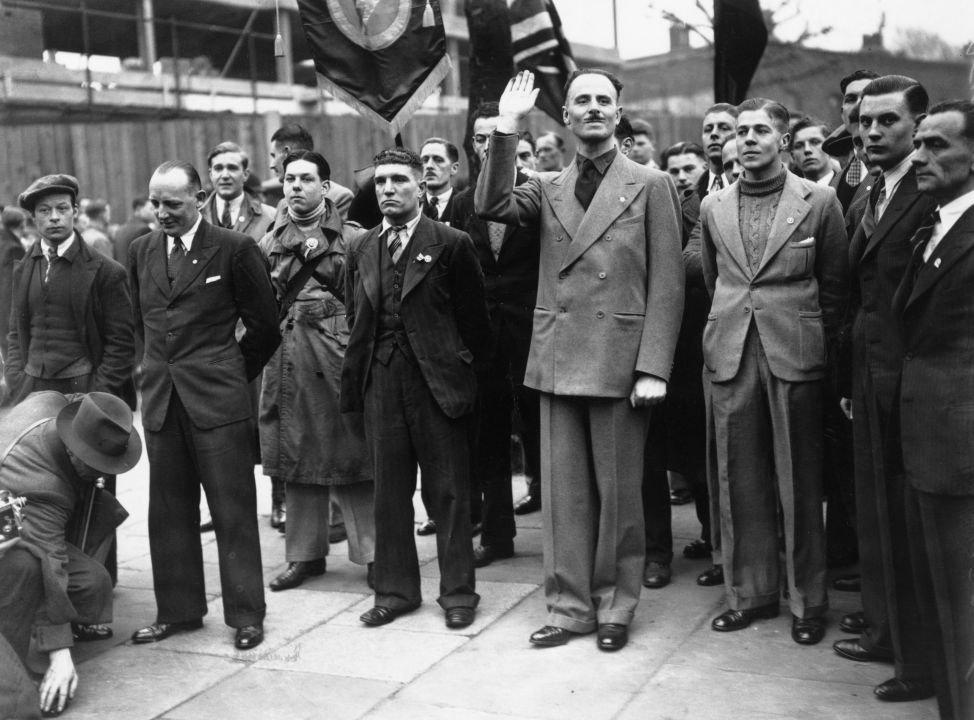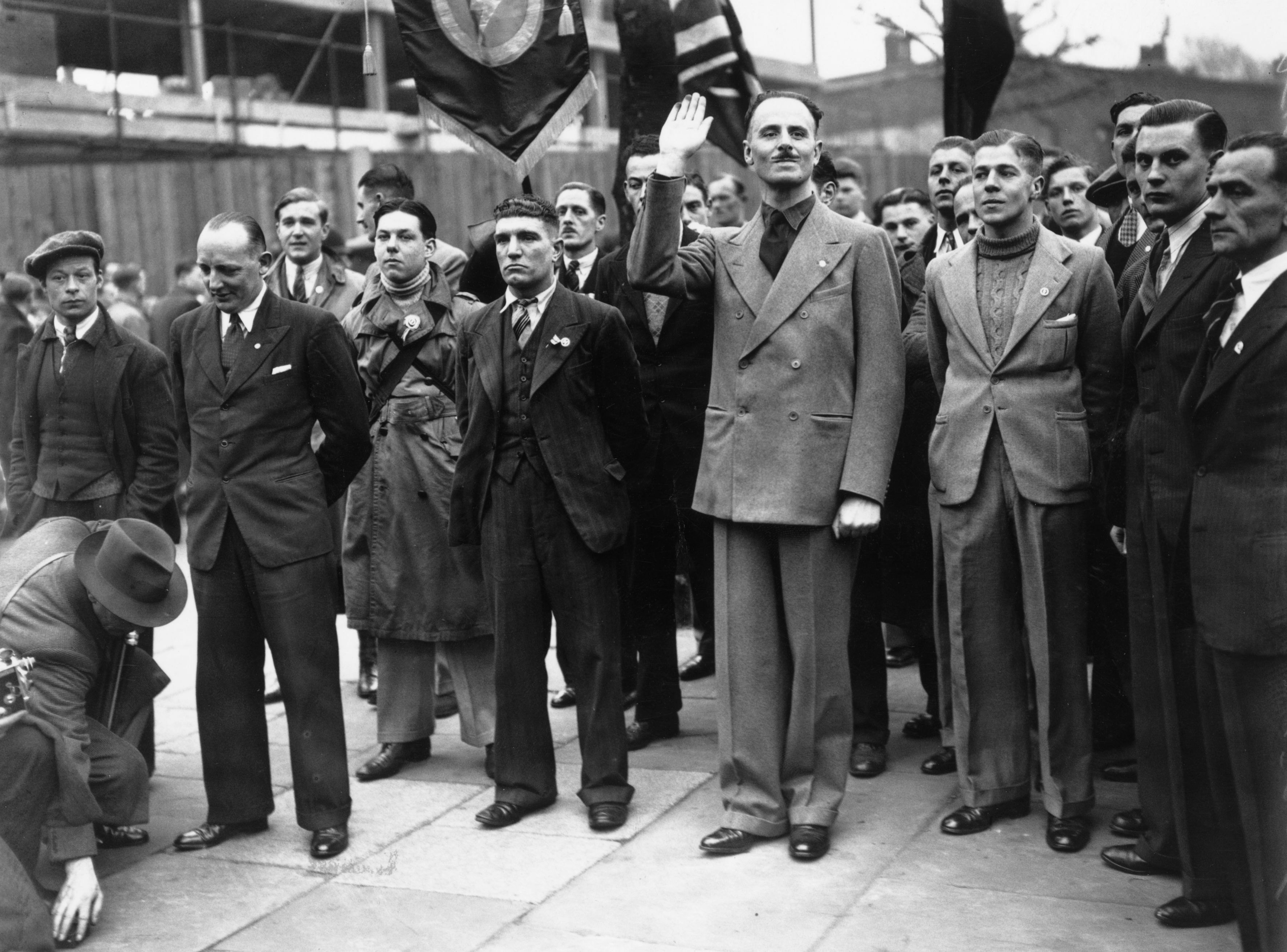 Across Europe, the bien pensant are worried. They fear that the Eurocrisis could lead to
the rise of populism — whatever that means — and even extremism. The spectre of the 1930s stalks a lot of discussions, as the FT’s Gideon Rachman found out at a lunch with a hedge fund manager who thought the break-up of the Euro would lead to “the next Great Depression
and a resurgence of Nazism”.
Across Europe, the bien pensant are worried. They fear that the Eurocrisis could lead to
the rise of populism — whatever that means — and even extremism. The spectre of the 1930s stalks a lot of discussions, as the FT’s Gideon Rachman found out at a lunch with a hedge fund manager who thought the break-up of the Euro would lead to “the next Great Depression
and a resurgence of Nazism”.
But is there real cause for fear or is this a matter of people projecting a particular history onto the future? Economic dislocation has in the past led to populism but not uniformly, or at least not in numbers that have made a historical difference. It was not the case in the United States in the 1930s or, more recently, during Japan’s ‘Lost Decade’. The experience of interwar Germany is instructive, as is that of post-Yugoslavia Serbia. But they are not the only examples.
Here in Britain, despite considerable hardship, the British Union of Fascists never gained traction, failing to get any of its candidates elected at the London County Council elections of March 1937. Since then, even during periods of high unemployment, extremist parties of both the Left and the Right have seen little support.
Looking at Germany today it hardly appears as if the CDU, Liberals, SPD and the Greens are about to be swept away by less traditional forces. The country’s two most popular politicians today are former Chancellor Helmut Schmidt and former Foreign Minister Joschka Fischer, both of whom are staunchly pro-EU, even federalist.
Elsewhere, there is little sign of new ‘populist’ movements emerging. In Spain’s upcoming elections the opposition PP stands to win, not some newly-formed protest group. The PP’s rhetoric so far has been anything but populist and, once in power, Mariano Rajoy, the PP leader, will probably unleash an Osborne-like deficit reduction programme in an effort to turn around investor confidence in Spain.
Then there is the question of what ‘populist’ actually means. The term has recently been used to describe a range of movements, such as the Kaczyński brothers’ right-wing conservative Law and Justice Party (PiS) in Poland or the Slovak left-wing populist Smer led by Robert Fico. The Bulgarian philosopher Ivan Krastev offers the following definition: ‘At heart, the defining feature of populism is the view that society falls into two homogenous and antagonistic groups: “the people as such” and “the corrupt elite”.’
This is normally complemented by a tendency to define themselves through differentiation from others, often using nationalistic, xenophobic or racist notions. But as the sociologist Ralf Dahrendorf has written, ‘The accusation of populism may be populist in itself, a demagogic substitute for real arguments.’
If the Euro crashes it will have profound effects on European politics. But in our modern, interconnected world I can’t see a repeat of the 1930s and even think the EU — and the single market — would survive the Euro’s demise. For now, the fears of a ‘populist’ wave seem exaggerated.







Comments